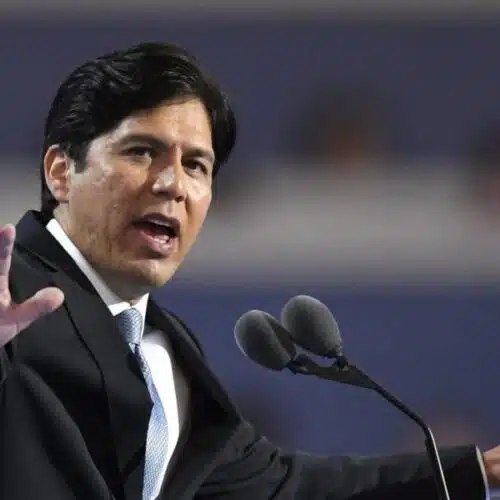Polls and Research Show Support for Marijuana Legalization
With Marijuana on the ballot in nine states, this is an unprecedented time for supporters of marijuana legalization. In five states, Arizona, California, Maine, Massachusetts and Nevada, voters will decide on legalizing recreational marijuana. In Arkansas, Florida, Montana and North Dakota, voters will decide on legalizing medical marijuana, which is already legal in 25 states.
The measures being voted on this year are all somewhat similar, they would all legalize a limited amount of marijuana for individuals to possessor grow for recreational use. They all have strict specifications on dispensing marijuana to patients for medical use as well.
As Novembers election day is getting closer, polls and research are showing rising support for marijuana legalization: 57 percent of U.S. adults say marijuana should be made legal, compared to just 32 percent a decade ago, found a Pew study. Pew is a nonpartisan company that conducts public opinion polling, demographic research, content analysis and other data-driven social science research.
Supporters say the shift in attitude is in part thanks to successes in Colorado and Washington, the first states where voters approved recreational marijuana in 2014.

Washington and Colorado: Impact of Voters
From a Drug Policy Alliance Report, One year after Washington legalized marijuana:
- Filings for low-level marijuana offenses are down 98% for adults 21 and older. All categories of marijuana law violations are down 63% and marijuana-related convictions are down 81%.
- The state is now saving millions of dollars in law enforcement resources that were previously used to enforce marijuana laws.
- Violent crime has decreased in Washington and other crime rates have remained stable since the passage of I-502.
- Washington has collected nearly $83 million in marijuana tax revenues. These revenues are funding substance abuse prevention and treatment programs, youth and adult drug education, community health care services, and academic research and evaluation on the effects of marijuana legalization in the state.
- The number of traffic fatalities remained stable in the first year that adult possession was legalized.
- Youth marijuana use has not increased since the passage of I-502.
- Washington voters continue to support marijuana legalization. Fifty-six% continue to approve of the state’s marijuana law – about the same as when it was approved in 2012 – while only 37% oppose, a decrease of 7 points since the election of 2012. More than three-quarters (77%) believe the law has had either a positive impact or no effect on their lives.
“There’s nothing more powerful when you’re trying to affect social change than having examples out there that are actually working,” Keith Stroup, founder and legal counsel at (NORML), told NBC News.
California and Prop. 64
Out of all the states with marijuana on the ballot this year, California’s Proposition 64 is the most important. California is the largest, most populated state in the country. The state of California alone, has the seventh largest economy in the world. With 39 million residents, it’s more than double the population of all the other legalized states, combined. At this time, there is almost 600,000 medical marijuana patients in California, and a potential 4 million recreational users based on the assumption 10% of the U.S. will use recreational marijuana. Medicinal marijuana has been legal in California since 1996. A similar measure to Prop 64 to approve recreational marijuana in California failed by a small margin in 2010. Polls are showing that support is near 60 percent for California voters.


